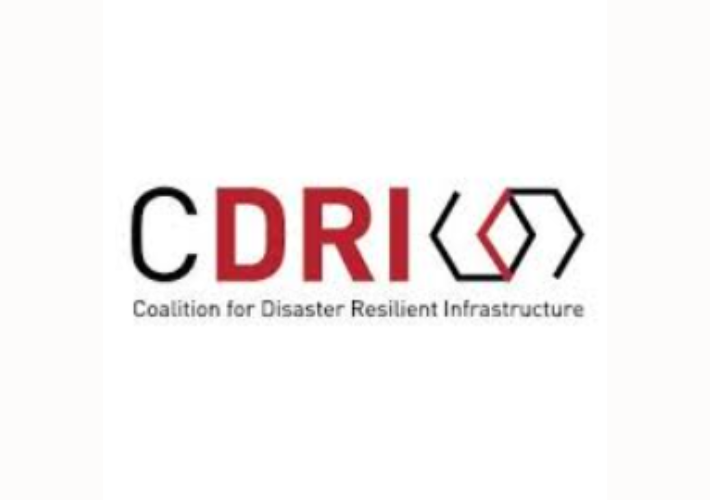The Coalition for Disaster Resilient Infrastructure (CDRI) was formed by India in 2019. CDRI is a unique global climate initiative that brings together governments, multilateral agencies, the private sector, and academic institutions to strengthen the climate resilience of key infrastructure, including roads, airports, and power grids. India is the permanent co-chair of the CDRI Governing Council and Executive Committee.
The US has been performing the role of co-chairship. On April 23, 2024, the United States transitioned the co-chairship to France, however it will remain actively engaged in the organization in support of its goals.
Under the strategic guidance of its co-chairs, CDRI has witnessed remarkable growth over the last two years, unveiling a new strategic roadmap for 2023 to 2026 and expanding its membership by more than 25% percent. CDRI’s 46 members include 39 countries, 6 multilateral organizations, and a private-sector association representing more than 400 companies, forging partnerships that will strengthen infrastructure resilience worldwide.
As global leaders in climate action, India and the United States have promoted financing for infrastructure that fortifies the resilience of communities worldwide in the face of increasing disasters. During this tenure, CDRI has released the world’s first Global Infrastructure Risk Model and Resilience Index, which will enable countries to predict the risk and estimate economic impacts, allowing for more strategic preparation and resilience efforts.
In addition to catalyzing financial investments for infrastructure, CDRI has also launched initiatives to invest in a future-ready workforce. Together, the countries have spearheaded transformative initiatives to equip students and professionals to facilitate innovative solutions to infrastructure challenges through initiatives such as the Infrastructure Resilience Academic eXchange and the Higher Education Partnership for Disaster Resilient Infrastructure.
A tangible example of CDRI’s impact can be witnessed at the Indian Institute of Technology, Delhi, where CDRI Fellows are pioneering advancements in flood management. Through the Infrastructure Resilience Academic Exchange initiative, students are leveraging advanced technology and public participation to develop tools that predict and respond to floods more effectively. By combining community observations with satellite data, they are equipping local communities to mitigate the impacts of flooding, ensuring more efficient planning and a safer future for all. CDRI has also awarded 11 projects across 13 Small Island Developing States as part of its commitment to help the most vulnerable by making infrastructure systems disaster and climate resilient.
(With inputs from release by USAID)
Team Bharatshakti






















